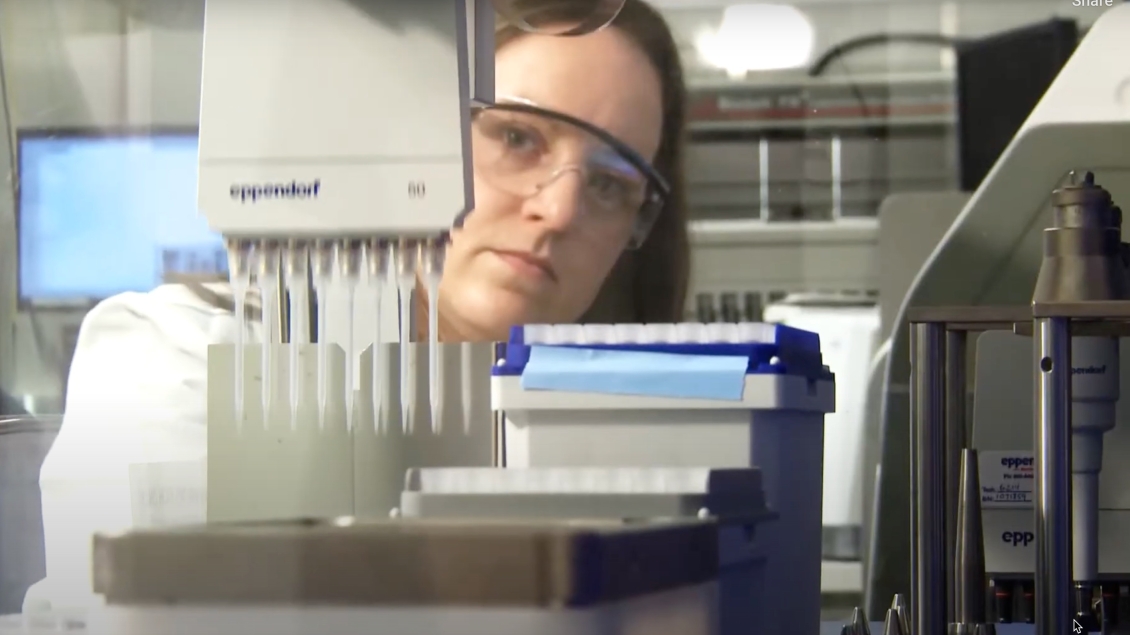
We offer services and resources to microbiome researchers from across campus and beyond. Please use our MiCores website when you are ready to submit samples.
Current Processing Time
Our current processing time is approximately 3 WEEKS from date of sample delivery.
Please refer to our Qualtrics Survey to generate a quote. If you are an external client, you may submit a service request through our Qualtrics Intake form. Internal clients may submit requests for services through MiCores.
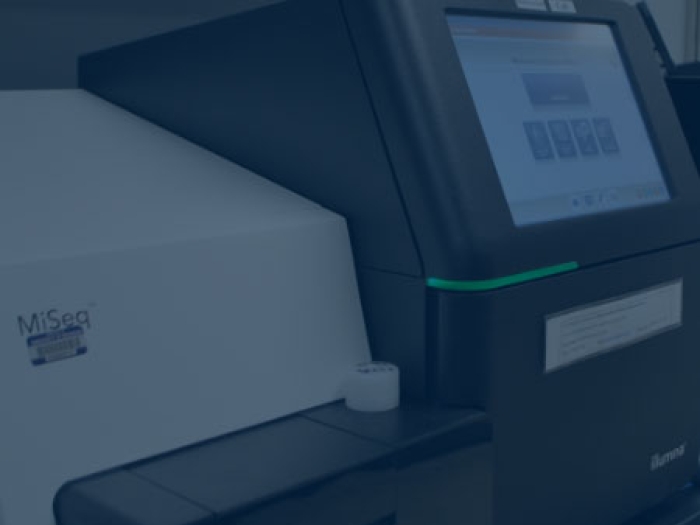
We offer services to profile a range of microbial community compositions.

We offer two services for sequencing of bacterial genomes on the Illumina MiSeq Platform.
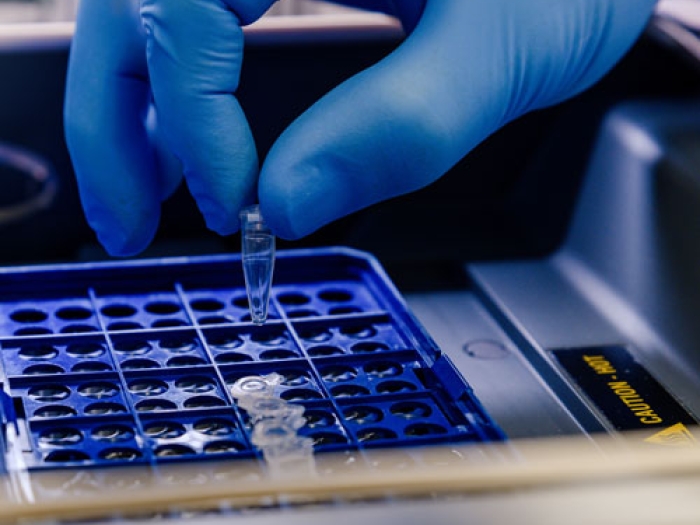
Our newest service is RNA-Seq for single bacterial species or mixed cultures.
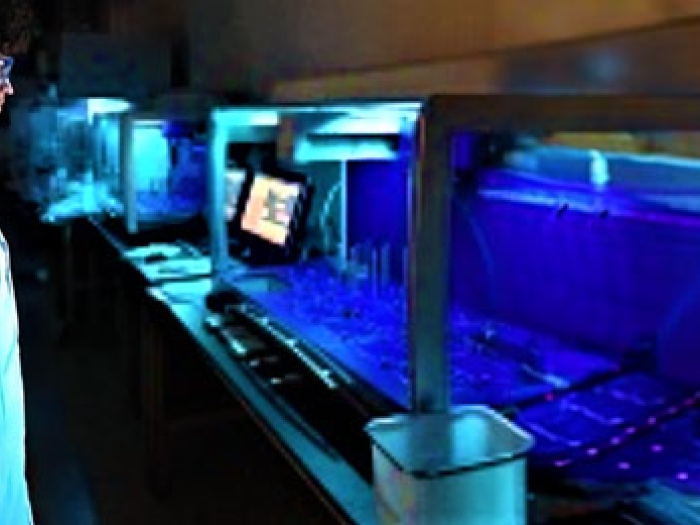
Our DNA extraction service has been automated for high-throughput using the Eppendorf EpMotion liquid handling system.

MALDI Biotypers are used in research, by industry or in clinical applications to effectively identify purified microbial isolates at their genus, species or strain levels.
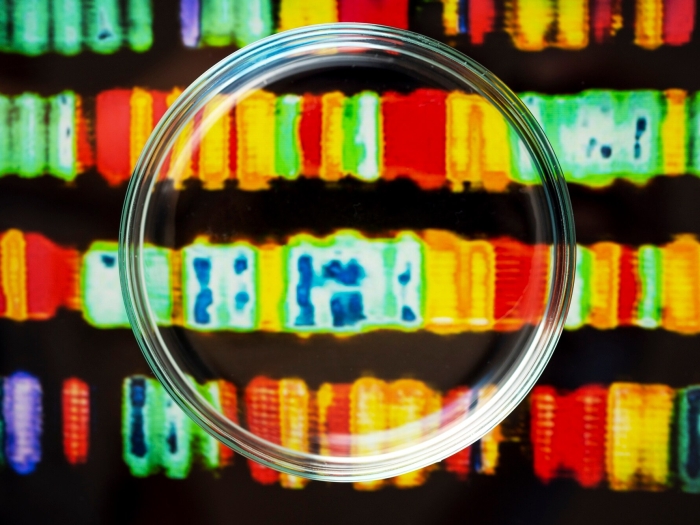
StrainDB is a searchable database of microbial strains at the University of Michigan.
We stock up on two DNA Genotek products for our clients.
- OMR-200 Genotek OMNIgene-Gut kits that allow for individual self-collection of fecal samples for microbial community profiling.
- ME-200 OMNImet-Gut kits allow for the collection of targeted and non-targeted metabolites from fecal samples.
Mailers are also available, which contain necessary materials required to ship collection tubes.
Quantification of client extracted nucleic acids can be carried out using QuantIT dsDNA PicoGreen Assay Kit or Qubit dsDNA High Sensitivity Assay Kit.
If you desire a specific concentration, the Microbiome Core can perform dilutions and/or normalization of client extracted DNA. This can be done on a small or large scale via automation.
As part of our troubleshooting services, post-PCR amplicons are run on Egels in a 16-well or 96-well format.
AMPure XP Bead Cleanup Kit can be used for amplicon size selection as well as DNA library purification to remove salts, dNTPs, primer-dimers.
Client-prepared DNA libraries can be quantified using Roche KAPA Library Quantification Kit for Illumina Systems flanked by p5 and p7 oligoadaptors. In addition, Agilent Bioanalyzer High Sensitivity DNA Analysis Kit is used to ensure sample quality.
Bioanalyzer High Sensitivity DNA Analysis Kit can be used to quantify DNA library samples and bioanalyzer traces help ensure sample quality.
For clients looking to sequence a small sampling of bacterial genomes, we provide a full library generation service including pre-PCR quantification/normalization, PCR, post-PCR cleanup, normalization. The libraries are then spiked into the background of a low diversity 16S run. This is an economical option for pilot projects.
We can provide customized sequencing of client-prepared libraries on the Illumina MiSeq Platform. The client is responsible for providing all libraries and sequencing primers needed for these projects.
For internal clients, we offer the option to partner with other projects for submissions with a partial number of samples. Three sequencing services are included:
- Community Analysis using 16S V4/16S EMP or Fungal ITS primer sets for a nano-run (96 samples) or full-run (384 samples)
- Microbial Whole Genomes (96 samples)
- Bacterial RNA-seq (6 samples).
Please sign up on the DropBox file to indicate the service of interest and feel free to contact anyone on the list to coordinate a sample submission. (https://www.dropbox.com/scl/fi/7zldxhpbuk8utyj8ic08s/Book.xlsx?dl=0&rlkey=8yh6p6jpu17b52yapjmk50xd8)
Once you have formulated a group submission, delete your information from the DropBox file and proceed to the MiCores website to register a submission or contact the Core (microbiomecore@umich.edu) with any questions. University of Michigan staff are provided with a Dropbox account using the @umich.edu email and level-one password.

Professor of Microbiology and Immunology
Professor of Ecology and Evolutionary Biology
College of Literature, Science, and the Arts



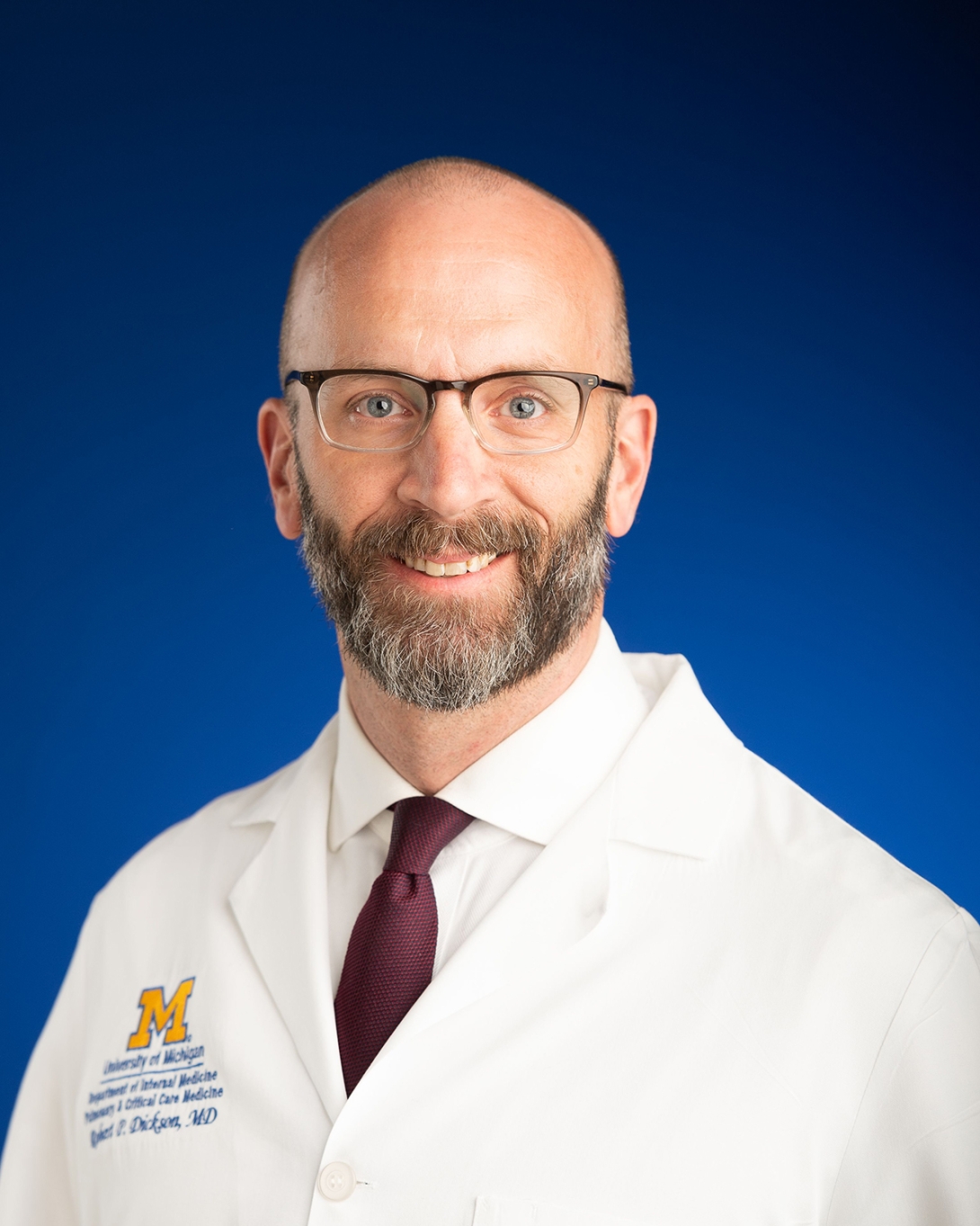
Associate Professor of Internal Medicine
Associate Professor of Microbiology and Immunology
Associate Fellowship Director, Pulmonary and Critical Care Medicine


Member of the Microbiome Centers Consortium